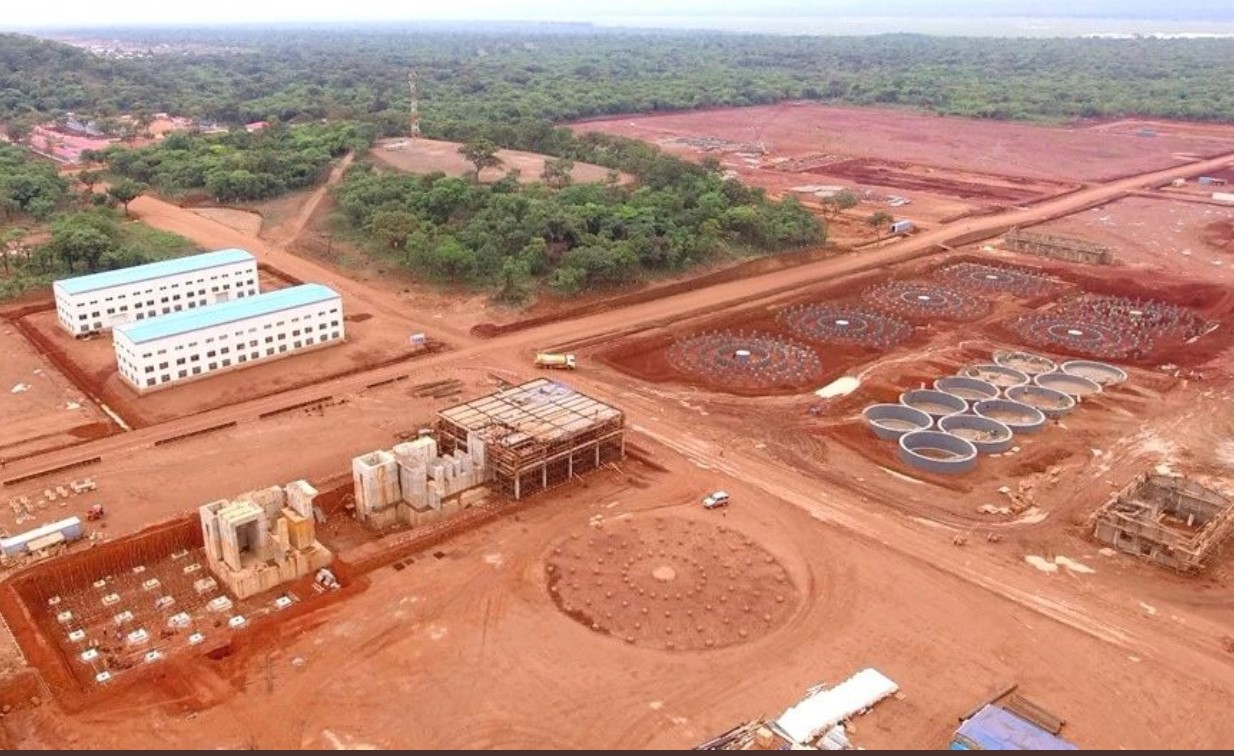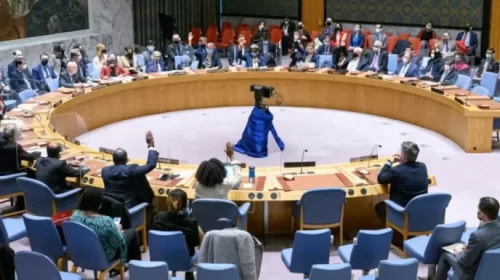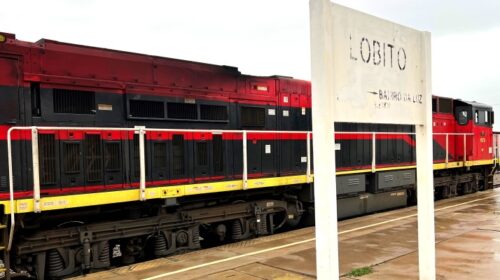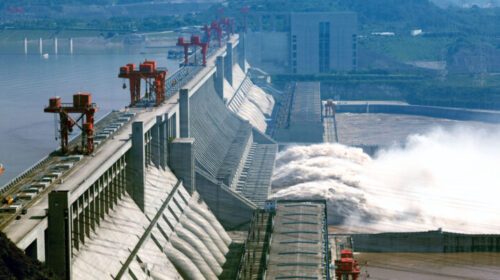Congo opens Chinese-owned Deziwa copper and cobalt mine
The Democratic Republic of Congo’s state mining company Gécamines on Wednesday opened the Deziwa copper and cobalt mine and processing plant, part of a joint venture majority-owned by China Nonferrous Metal Mining Company (CNMC).
The Deziwa deposit, around 35 kilometres east of Kolwezi, is estimated to hold 4.6 million tonnes of copper and 420,000 tonnes of cobalt.
Somidez, the joint venture controlling it, is held 51% by CNMC and 49% by Gécamines.
THE DEZIWA MINE IS THE LATEST EXAMPLE OF THE CLOSE INVESTMENT TIES CHINA HAS FORGED WITH CONGO
An $880 million project which started construction in May 2018, the Deziwa mine aims to produce 80,000 tonnes of copper and 8,000 tonnes of cobalt per year, according to Somidez.
In written comments prepared for the launch, Gécamines chairman Albert Yuma described it as an “innovative” partnership for Congo, with a greater government stake than other projects in the country.
For example, Gécamines holds just 25% of Kamoto Copper Company, with 75% owned by Glencore subsidiary Katanga Mining.
The Deziwa mine is the latest example of the close investment ties China has forged with Congo. Yuma said the two countries were “united in their wish to strengthen and develop new industrial and economic relations”.
CNMC will operate Deziwa for nine years, with a possible two-year extension, before transferring it to Gécamines.
“Unlike our other industrial partnerships, the lifespan of our collaboration is already fixed and at the end of it, we will be the only masters on board,” Yuma said in the speech, read out in his stead at the mine opening which he did not attend.
Based on known reserves and planned annual production, Gécamines will operate the facility for a further seven to nine years, Yuma said, without giving further details.
Gécamines is being investigated by Congolese prosecutors over a 200 million euro ($222 million) line of credit issued to the state mining company by a company owned by Israeli billionaire Dan Gertler, who is under U.S. sanctions.
Another headache for the company is the slide in cobalt prices, which has hurt Congo’s output of the battery material. Glencore decided in August 2019 to close the Mutanda copper and cobalt mine – the world’s largest.
Mutanda shut on Nov. 25, a month before the mine was set to go into maintenance, due to a lack of sulphuric acid.
Source: mining.com
![]()





